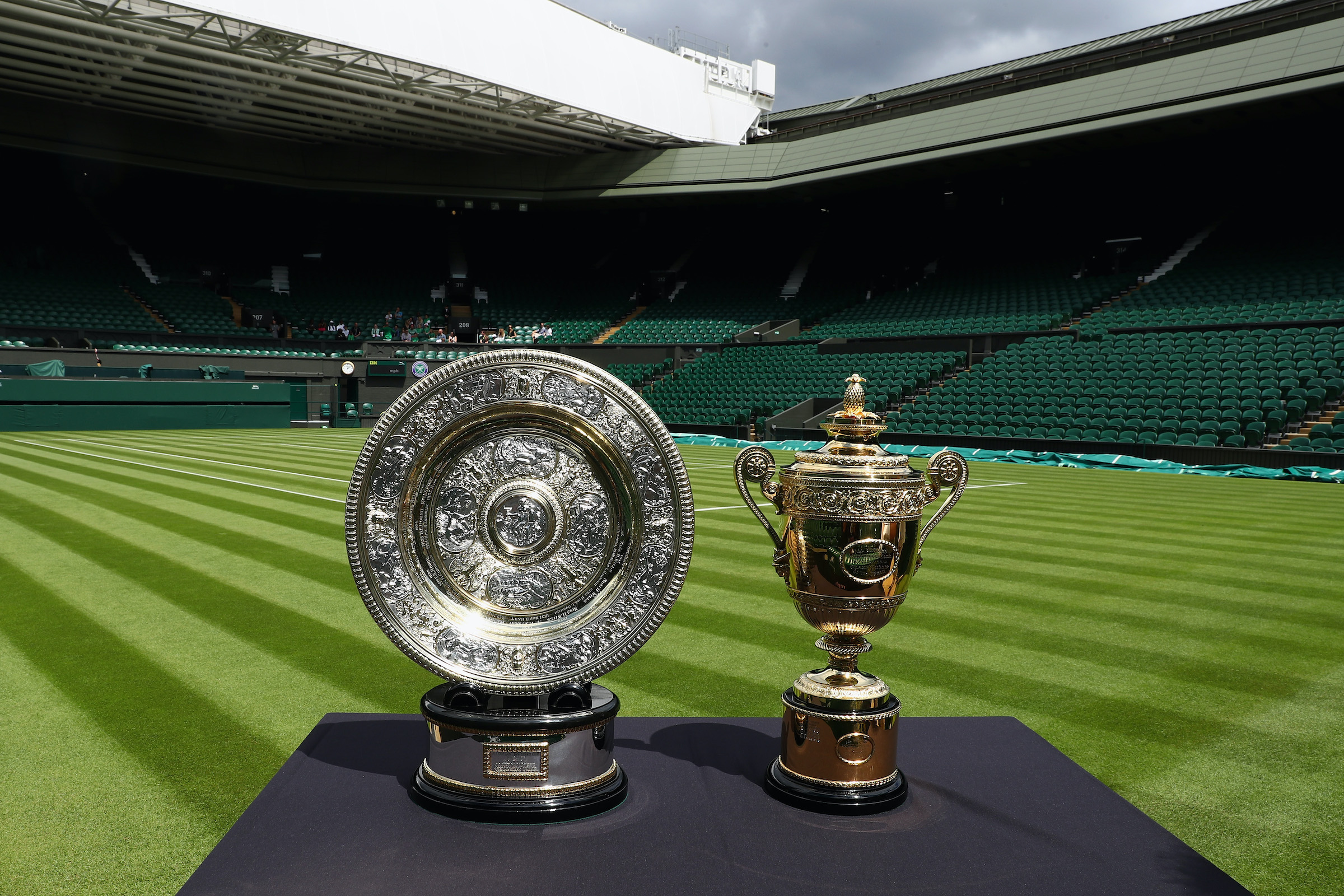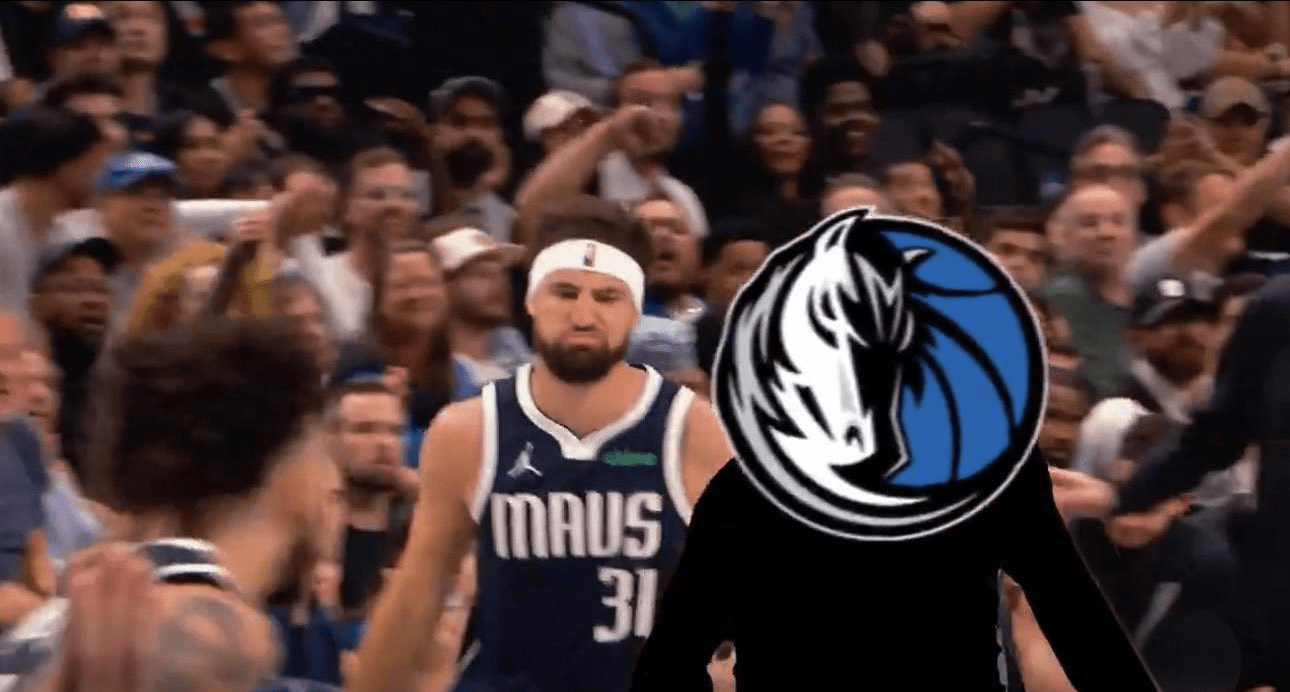Banning Russian and Belarusian tennis players from Wimbledon first emerged as a vague and embarrassing riff from the United Kingdom's sports minister in March; by April, it became the actual policy adopted by the Lawn Tennis Association, the governing body of tennis in Britain. This ban was apparently devised without any sign-off from the ATP and WTA, which operate the men's and women's tours and dole out the rankings points that determine the pecking order among the best players in the world. On Friday, both tours announced that they would be stripping Wimbledon of these ranking points, about as strong a rebuke of the player ban as they can muster.
Wimbledon will still be played, for money and prestige, and it'll likely be well-attended by players and spectators alike, but both tours decided that the ban violated the notion of merit-based, discrimination-free global competition. This is spicy stuff. Pro tennis is a confusing web of bureaucracies spanning several continents, and while tensions between these bureaucracies simmer constantly in the background, you'll rarely see them verbalized as straightforwardly as in the statements from the ATP and the WTA, which talk about punishing the LTA for their unilateral decision and threatening its right to operate future tournaments in Britain.
"The stance we are taking is about protecting the equal opportunities that WTA players should have to compete as individuals," wrote WTA CEO Steve Simon in his statement. "If we do not take this stance, then we abandon our fundamental principle and allow the WTA to become an example to support discrimination based on nationality at other events and in other regions around the world." The ATP also took care to lay out the rationale for this decision:
Was there no other solution? Why didn’t you opt to just give ranking protection to the excluded players?
As the governing body of the sport, our duty is to maintain the integrity of our Tour and the ranking system that upholds it. Removing rankings points at Wimbledon is a decision made purely on the basis of maintaining a level playing field for our players across the season. Providing ranking protection to the Russian and Belarusian players would not have done so in an adequate manner.
After Russia's invasion of Ukraine, Russia and Belarus were banned from international team competition, and players representing those two nations had to compete without national flags, colors, symbols, or anthems. The British government had issued informal guidance to sporting bodies, urging them to take an even stronger stance, like, say, requiring signed declarations of non-support for the invasion of Ukraine and the regimes responsible. The LTA's choice to ban these players from competition altogether marked a serious escalation. It disappointed players and fans, but also, it turns out, the most powerful stewards of the sport.





